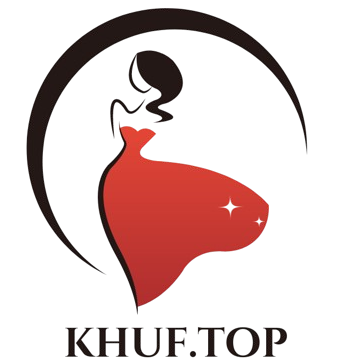A pair of faux fur boots, for example, set a new lower for the fast fashion sector last year. It was the most recent item in a Chinese retailer’s intense marketing campaign to capture market share that was featured on an Instagram campaign for US customers. Only when you thought there was no point in trend, it did.
However, a roadblock may have arisen: French lawmakers unanimously approved a bill last week that will increase the cost of fast fashion goods by 10% ( £8.56 ) by 2030. The expenses also proposes a ban on fast-paced advertising, successfully undermining the hyper-personalized, automatically tuned online marketing that has grown to be a powerful tool in the hands of these retailers.
Make no mistake, France has this business in its sights. The nation’s luxury goods industry is a highly prized federal property, which is based on durable products and high-quality materials. The industry won’t be content to let Chinese discounters steal their lunch. The supply of these items has become more cost-effective and intelligent thanks to the development of AI-driven products. Asos, Boohoo, and H&M, which are the current fast clothing stores, are all losing market share as Shein and Temu drag down an industry that has always prioritized gain over human and environmental harm.
Damage, if fast fashion is a product that is rapidly used and discarded, usually at great cost to planet and people. Cheap labor is typically equated with low, which includes cheap synthetic materials that do not degrade and are difficult to recycle and that are sourced from unregulated markets and implicated in human rights violations. Because waste sites are now full, the large volume of goods these organizations rely on for their sales strategy encourages consumption in the target market and causes mountains of waste in the nation’s deserts and seas.
France has a reputation for standing up to these detriments. Since 2007 there has been an extended producer responsibility (penalizing businesses that disregard the goods after the point of sale) in place, which the EU is proposing to introduce soon. France views fast fashion as a threat to cultural heath and has passed legislation to stop it, just like it does drinking, driving, and plastic bags. And it’s more than just stay; it’s also a turnip: late last year, the nation launched a restoration program to encourage people to restore their shoes and clothing rather than throw them away. European people can say up to €25 for every cloth repaired.
This side of the Channel may become compared to this. Venture capitalists are rubbing their hands for an IPO as a result of the inexorable growth of these shops, which are valued at $66 billion thanks to Shein’s roughly 20 user growth since 2018. Legislators immediately offended Shein when it first tried it out in New York, demanding more from the business than it could provide. So now it is in London, knocking at the entrance of Jeremy Hunt, who, it appears, is delighted at the idea of such a huge bundle of money getting on the ailing London Stock Exchange. Do we believe the British government may stand up to this thoughtless sector that treats both human and environmental health poorly? We may only wish.

